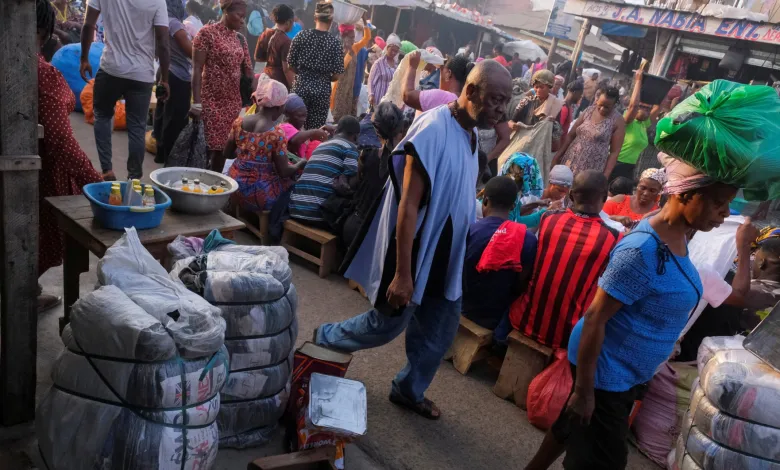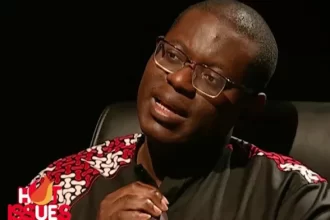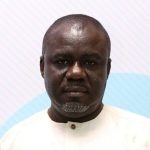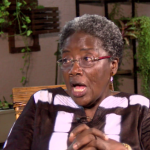By Bright Simons
Two decades ago, the world was in the grip of a major debate about debt and debt relief in Africa. The total national debt stock had risen to nearly $300 billion by 2002, from $40 billion in the previous two decades. Jubilee Debt Campaigners insisted on an immediate cancellation. The Pope agreed.
Today, Africa’s foreign debt alone exceeds $700 billion. The activists are again calling for the cancellation. And the Pope agrees again. It seems like nothing at all has happened in the past 20 years. But some things did.
After intense criticism of previous drafts and subsequent brainstorming, additional resources were put into the Highly Indebted Poor Countries (HIPC) and the Multilateral Debt Relief Initiative (MDRI), established in 2005 by the Bretton Woods institutions and their wealthy country partners. Almost $125 billion to be exact.
Between 2000 and 2015, 31 African countries (out of 36 beneficiary countries) repaid significant parts of their total debt. Both Malawi and Liberia, for example, have had 90 percent of their foreign debt forgiven. Sierra Leone received about 95 percent relief. Larger economies like Ghana saw a smaller but still impressive fall in debt of about 70 percent.
Given these facts, it is surprising that a brand-new deleveraging campaign is ignoring the lessons of previous deleveraging rounds and their impact on economic growth and transformation.
Some African countries – including Kenya, Angola and Nigeria – were considered ineligible for HIPC for various reasons. None of them are among the countries, all large HIPC beneficiaries, that have recently been forced to seek debt restructuring.
In this blurred picture, however, the major changes in global development finance cannot be overlooked. Three decades ago, sub-Saharan Africa owed about 80 percent of their debt to so-called official creditors — rich countries and multilateral financial institutions. Today, I estimate that the countries with the highest debt burdens owe more than 70 percent of their debt to domestic private investors, international bondholders, and not-so-wealthy countries like China, India, and Turkey.
Consequently, regardless of the merits of debt relief campaigns, yesterday’s arguments seem inappropriate today.
Ghana’s dramatic debt restructuring efforts of recent weeks began domestically in December last year. It has involved retirees and unions who insist not a dime from their bond holdings will be used to support government debt relief efforts. Local creditors benefit from 75 percent of Ghana’s debt service expenditure. What would be the point of debt relief that does not reflect this reality?
Now that Paris Club and Bretton Woods creditors account for a significantly smaller share of the debt, some activists are focusing more on commercial creditors in the West. While it’s true that rich banks hold some African government bonds, quite a few are also held by institutional funds, whose money comes from ordinary retirees and workers.
It’s safe to say that a cancellation campaign in the current circumstances needs to do more than suggest that creditors aren’t missing out on money. The humanitarian argument about how high debt service takes money away from social services remains compelling, particularly in countries like Ghana and Nigeria, where debt service costs account for nearly 70 percent of domestic tax revenues. But the question is where the returns on the billions on loan went.
The Ghanaian leadership, for example, has faced widespread criticism for prioritizing a “national cathedral” with a “Bible Museum” and “Biblical Gardens” that could cost up to $1 billion amid a difficult debt restructuring. Despite repeated assurances to the IMF, which has provided the country with a bailout roughly every four years since independence, that it channels all public spending through a national accounting platform, nearly 90 percent of Covid-19 spending has bypassed it.
In 2003, Ghana-born economist Elizabeth Asiedu published a paper predicting that debt relief due to weak institutions would have minimal impact on HIPCs. That prediction now looks prophetic.
As emotionally appealing as it sounds, debt relief alone will not embolden or amplify efforts, which are nonetheless already underway in many African countries, to demand greater accountability and force much-needed institutional reforms.













